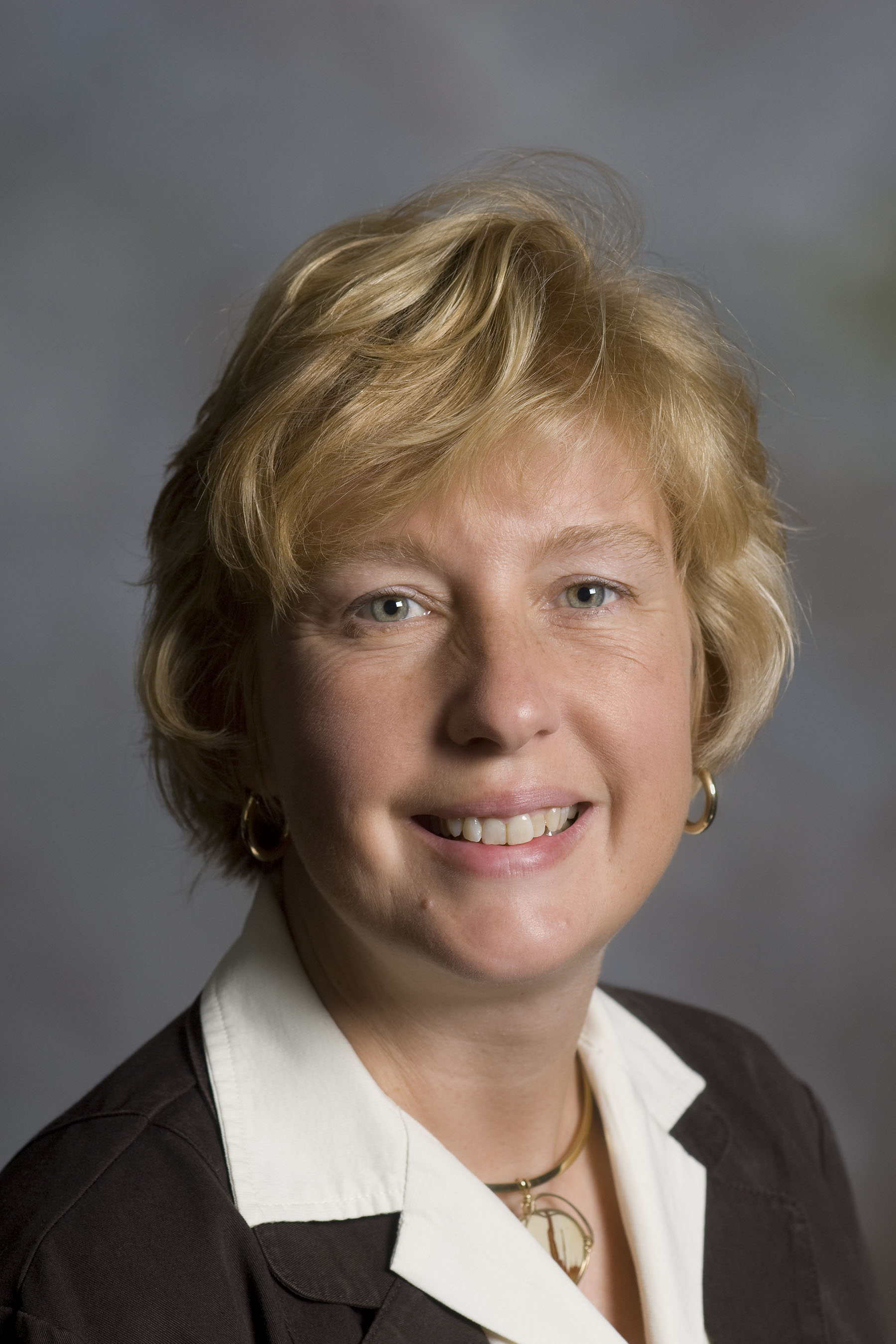University engineering faculty hope to enhance returning service men and women educational experiences

Virginia Tech is rolling out the red carpet for the service men and women of the 21st century.
It’s easy to understand why. Virginia Tech has a rich military history. The university was founded in 1872 as an all-military school that has since witnessed seven of its alumni earning the prestigious Medal of Honor.
So the idea of developing strategies on how to best help the new returning veterans who are post-Sept. 11 is of paramount importance to a number of Virginia Tech engineering faculty. They submitted a proposal to the National Science Foundation (NSF) to enhance the benefits of the new post-Sept. 11 GI Bill, and they recently learned it was awarded.
Virginia Sen. Jim Webb spearheaded this national bill, creating the new educational benefits program similar to the GI Bill of Rights that followed World War II.
"Our NSF engineering education award will support the planning of a program that will facilitate veterans coming to Virginia Tech to obtain graduate degrees. The program will be designed to enhance the benefits of the new GI Bill," Mary Kasarda, associate professor of mechanical engineering and principal investigator on the grant, said.
The mechanical engineering pilot program will be transferable to other departments and institutions. "Part of the program is to enhance our existing mechanical engineering graduate program in conjunction with the Virginia Tech Graduate School's Transformative Graduate Education Program to develop ‘value-added’ components to help veterans transition to grad school and on to careers in both academia and industry. We also foresee adapting parts of the program for veterans entering college as undergraduates," Kasarda said.
Working with Kasarda on the $203,000 NSF grant are Mark Pierson, associate professor of mechanical engineering; retired U.S. Navy submarine officer, Gene Brown, professor of mechanical engineering; Simin Hall, research assistant professor of mechanical engineering; and Karen DePauw, vice president and dean for graduate education.
The program, called “VETERANS@VT: A Program for Recruiting, Transitioning, and Supporting Veterans to Graduate Programs in Engineering and Beyond to Civilian Careers,” will address recruitment strategies and support resources for the returning service men and women.
“Our returning veterans represent a unique and powerful resource for improving the United States’ global competitiveness in science and engineering,” Kasarda said. “VETERANS@VT will focus both on veterans’ prior experience and success as they pursue graduate degrees and civilian careers as well as the Virginia Tech community’s experience and success in integrating veterans and their families into campus life.”
Virginia Tech is particularly well positioned to create a robust program of this nature because of its strong relationships and standing with the U.S. Armed Forces. Its corps of cadets currently numbers 769 students, 80 percent of whom will qualify for commissions in the Air Force, the Army, the Navy, or the Marine Corps.
All members of the corps have access to the Rice Center for Leader Development that provides leadership training to both military and civilian students. In addition, Virginia Tech is one of only six schools (and the 2nd largest) classified as a Senior Military College under Title 10 of the U.S. Code.
Also, Virginia Tech’s innovative Transformative Graduate Education program lays strong groundwork for VETERANS@VT. The program, envisioned and created by co-principal investigator DePauw, is focused on graduate student engagement, professional development, and community building. It provides support and professional growth opportunities to graduate students beyond their specific academic disciplines.
The proposed program will initially be developed by the mechanical engineering department and the graduate school in order to create a transferable model at the departmental level and to eliminate potential collaborative barriers.
“By focusing initially on graduate engineering programs and piloting it fully in mechanical engineering, we will position our program model more effectively for university-wide adoption, as well as for adoption by other universities,” Kasarda explained.
Among the issues the researchers will address are the identification of particular needs such as health care and residency requirements, veteran representation on critical higher education committees, the university’s ability to assess prior learning of veterans, and career transitions.




